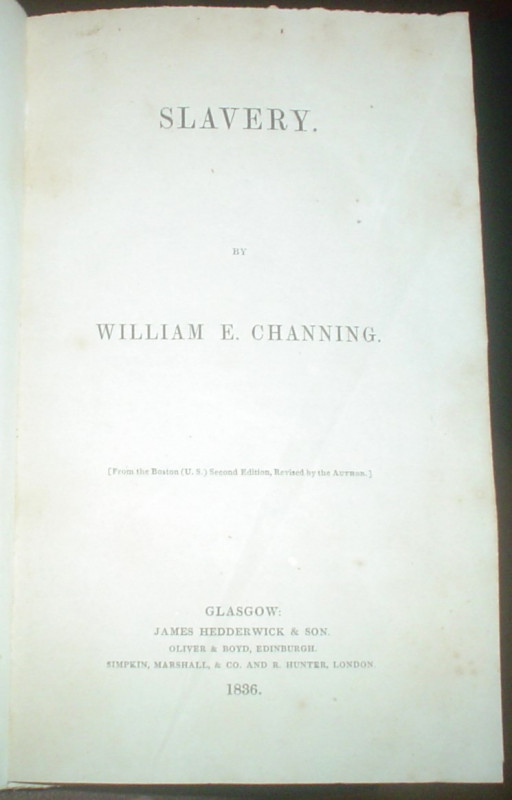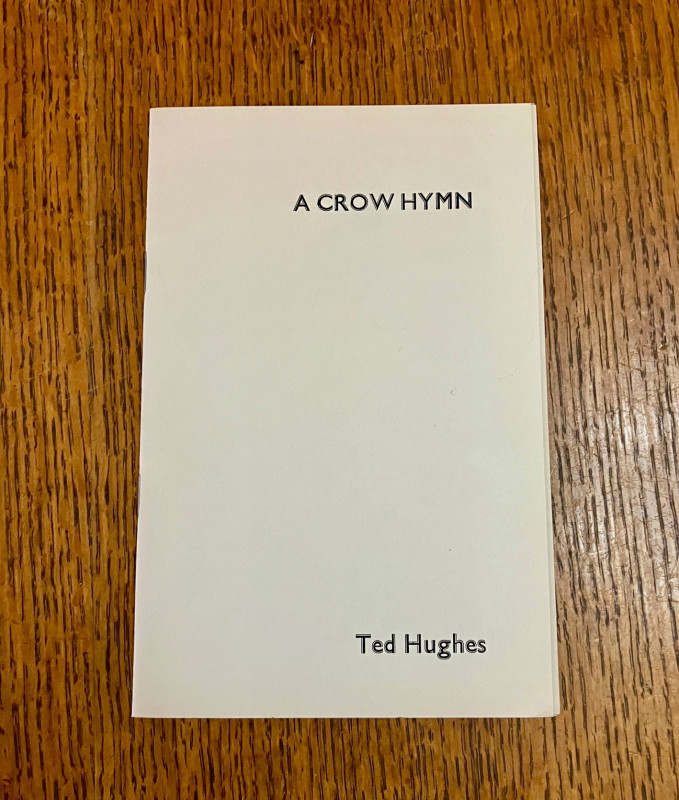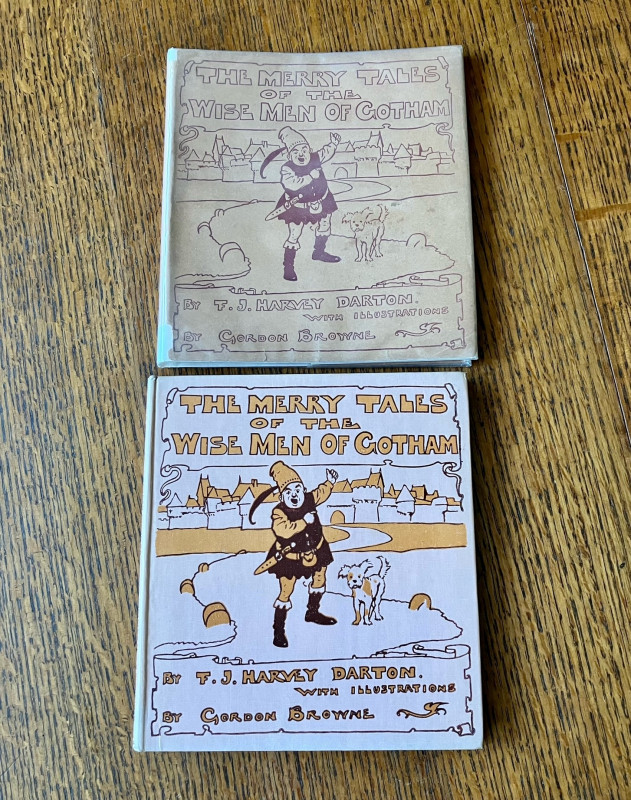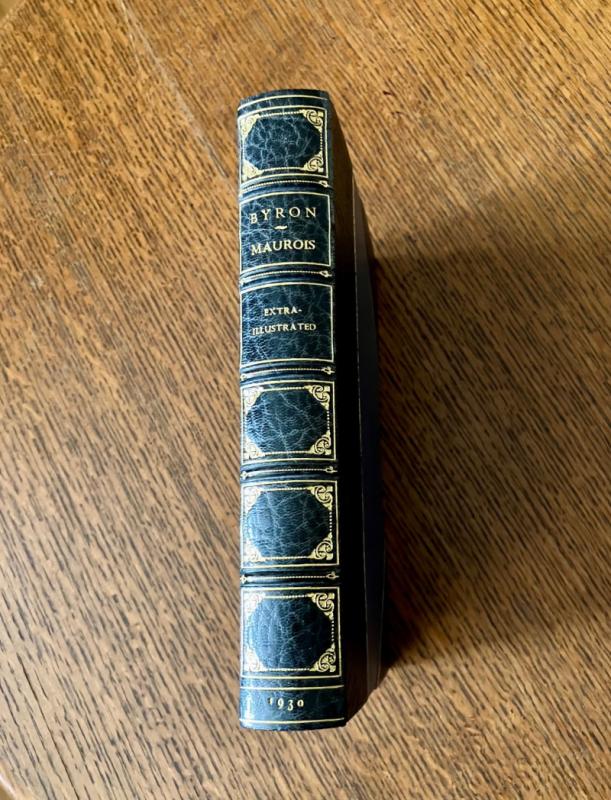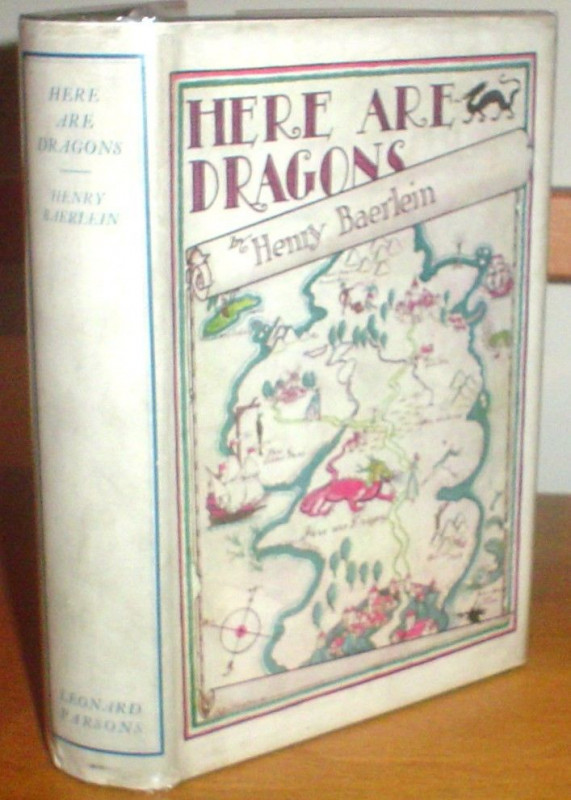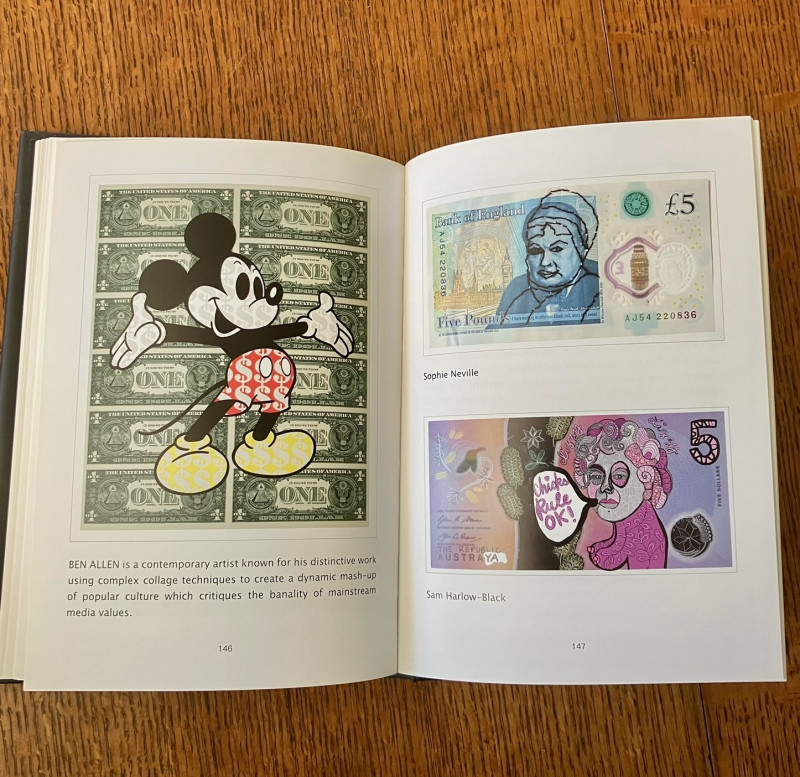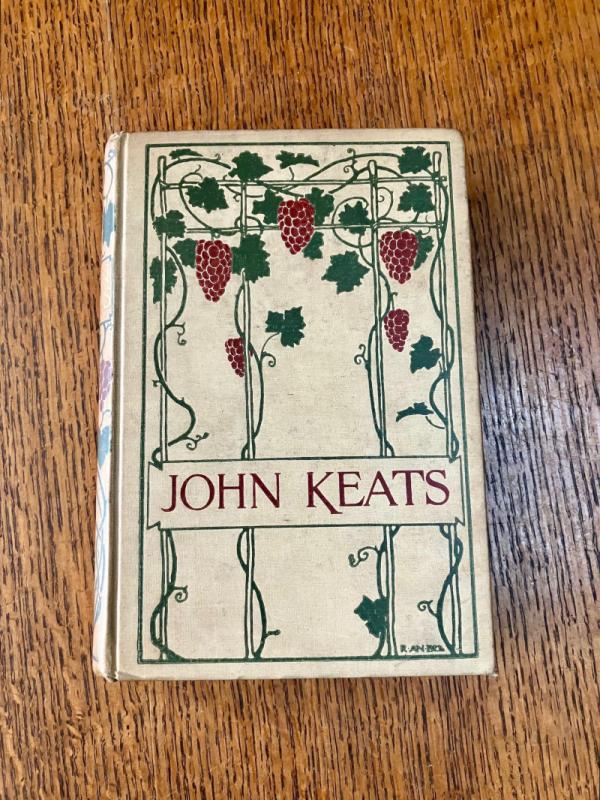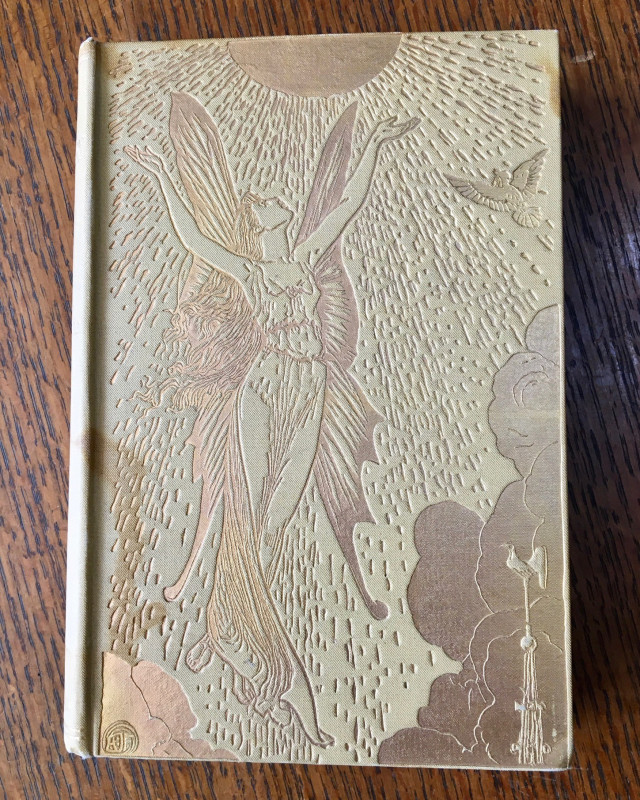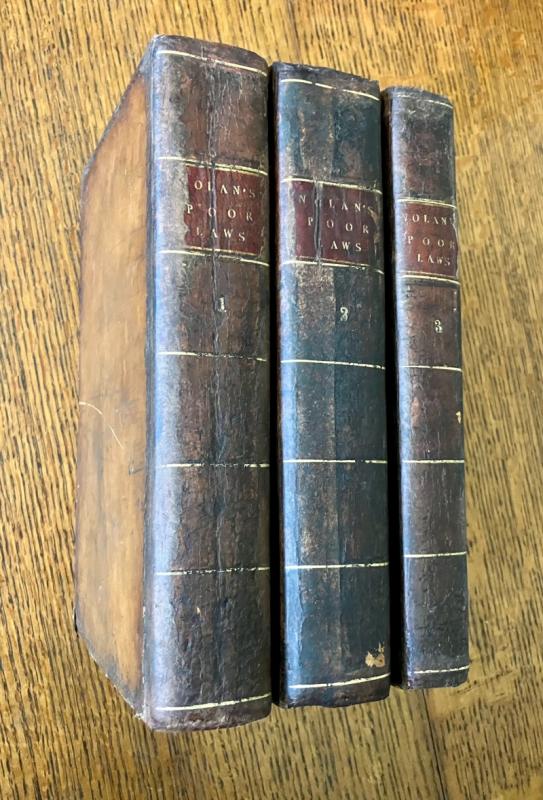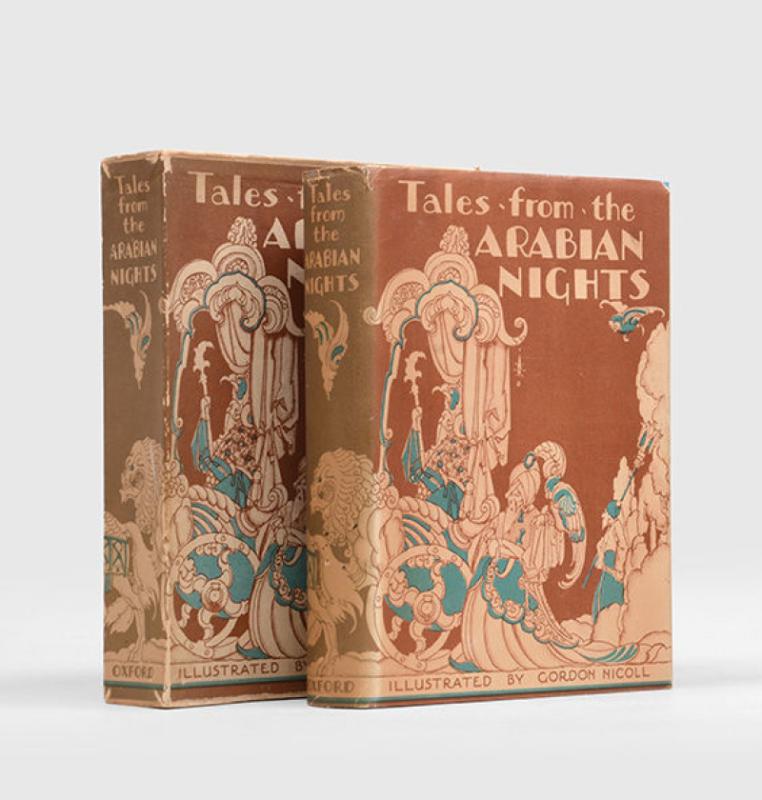SLAVERY. From the Boston (U.S.) second edition, revised by the Author.
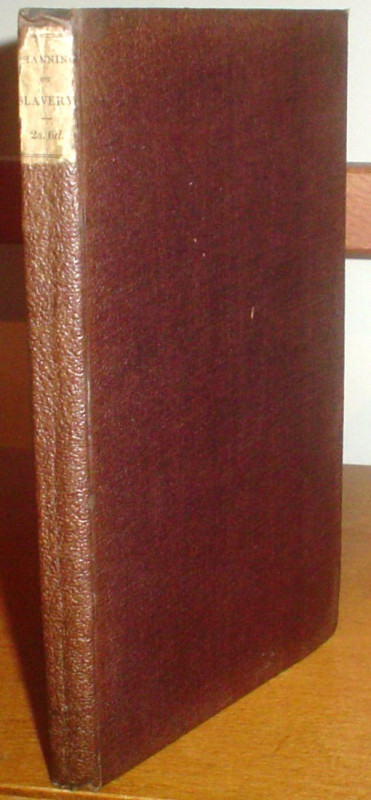


Book Description
FIRST BRITISH EDITION. 8vo. (7.1 x 4.4 inches). 172pp, i (publishers advert).
A very good, uncut copy in the publishers brown morocco grained cloth with printed paper label to the spine. Several gatherings unopened. A little chipping to the label but overall a very good clean copy of this uncommon First UK edition.
Channing (1780-1842) initially held a common American belief about the inferiority of African people and slaves and felt that that once freed, they would need overseers. The overseers (largely former slave masters) were necessary because the slaves would lapse into laziness. Furthermore, he did not join the abolitionist movement because he did not agree with their way of conducting themselves, and he felt that voluntary associations limited a person's autonomy. Therefore, he often chose to remain separate from organisations and reform movements. This middle position characterised his attitude about most questions, although his eloquence and strong influence on the religious world incurred the enmity of many extremists. Channing had an enormous influence over the religious (and social) life of New England, and America, in the nineteenth century. Towards the end of his life Channing embraced immediate abolitionism. His evolving view of abolitionism was fostered by the success of British abolition in the British West Indies in 1834 and the lack of the expected social and economic upheaval in the post-emancipated Caribbean.
Author
CHANNING. WILLIAM E(llery).
Date
1836
Publisher
James Hedderwick & Son. Glasgow. 1836.
Friends of the PBFA
For £10 get free entry to our fairs, updates from the PBFA and more.
Please email info@pbfa.org for more information
